If you enjoyed 'How We Got to Now' (2014) and its fascinating exploration of innovation and history, you'll love these 10 similar shows and movies. This article highlights engaging documentaries and series that delve into the stories behind groundbreaking inventions, scientific discoveries, and societal transformations. Whether you're a history buff, a science enthusiast, or just curious about how the modern world came to be, these recommendations will keep you entertained and informed.
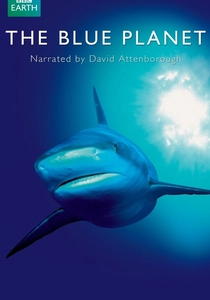
The Blue Planet (2001)
Description: This documentary series explores the world's oceans, revealing the wonders of marine life and the scientific discoveries that help us understand these ecosystems.
Fact: The Blue Planet was the first comprehensive series to focus entirely on the Earth's oceans, and it set a new standard for nature documentaries.
 Watch Now
Watch Now 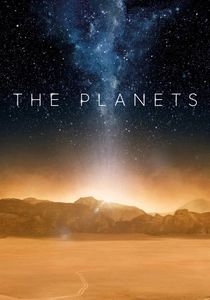
The Planets (2019)
Description: This documentary series takes a detailed look at the planets in our solar system, exploring their formation, characteristics, and the scientific missions that have studied them.
Fact: The series combines archival footage from space missions with state-of-the-art CGI to bring the planets and their exploration to life.
 Watch Now
Watch Now 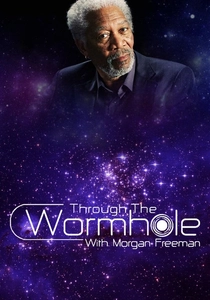
Through the Wormhole (2010)
Description: A deep dive into the mysteries of the universe, this show examines scientific theories and discoveries in a way that makes complex concepts accessible to the general public.
Fact: Hosted by Morgan Freeman, the series covers topics ranging from the existence of God to the nature of time and space.
 Watch Now
Watch Now 
Life (2009)
Description: A breathtaking documentary series that showcases the diversity of life on Earth, highlighting the intricate and often surprising ways living organisms adapt and thrive.
Fact: The series took four years to film and features some of the most stunning wildlife footage ever captured, including never-before-seen animal behaviors.
 Watch Now
Watch Now 
Africa (2013)
Description: A visually stunning series that examines the diverse landscapes and wildlife of Africa, showcasing the scientific and natural wonders of the continent.
Fact: The series used advanced filming techniques, including time-lapse photography and aerial shots, to capture the beauty and scale of Africa's ecosystems.
 Watch Now
Watch Now 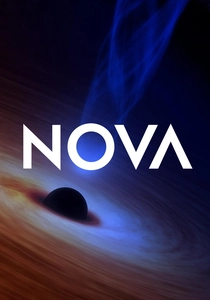
Nova (1974)
Description: A long-running documentary series that delves into scientific discoveries and technological advancements, presenting them in an engaging and educational format.
Fact: Nova is one of the most-watched primetime science series in the United States and has won numerous awards for its excellence in science journalism.
 Watch Now
Watch Now 
Dynasties (2018)
Description: A nature documentary series that follows the lives of animal families, highlighting their struggles and triumphs in the wild, much like the focus on survival and adaptation in nature.
Fact: Each episode of Dynasties focuses on a different animal species, providing an intimate look at their social structures and survival strategies.
 Watch Now
Watch Now 
The Civil War (1990)
Description: A historical documentary series that examines the events and impacts of the American Civil War, presenting a detailed and narrative-driven account of a pivotal moment in history.
Fact: The series was directed by Ken Burns and is renowned for its use of archival photographs, music, and firsthand accounts to tell the story of the war.
 Watch Now
Watch Now 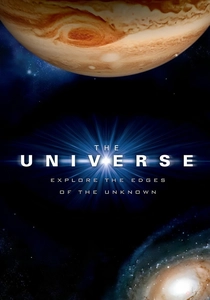
The Universe (2007)
Description: This series explores the vastness of space and the scientific principles that govern it, similar to the way groundbreaking discoveries are examined and explained.
Fact: The show uses cutting-edge computer graphics to visualize cosmic phenomena, making complex astronomical concepts easier to understand.
 Watch Now
Watch Now 
The Code (2011)
Description: This documentary series explores the hidden patterns and mathematical principles that govern the natural world, much like the exploration of scientific breakthroughs and their impact on society.
Fact: The series was presented by mathematician Marcus du Sautoy, who traveled across the globe to uncover the secrets of the universe through numbers.
 Watch Now
Watch Now 








